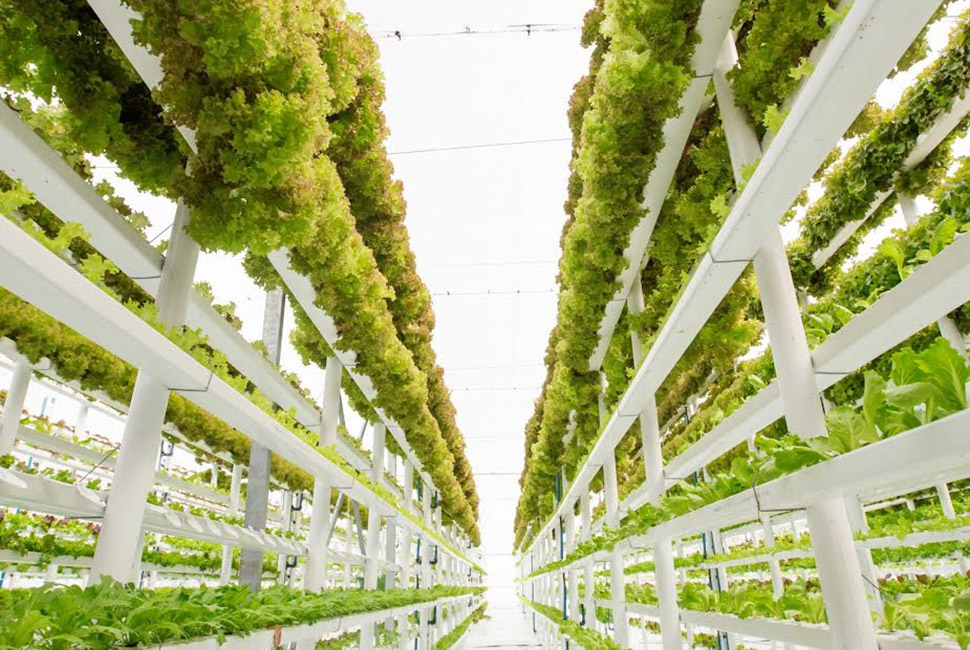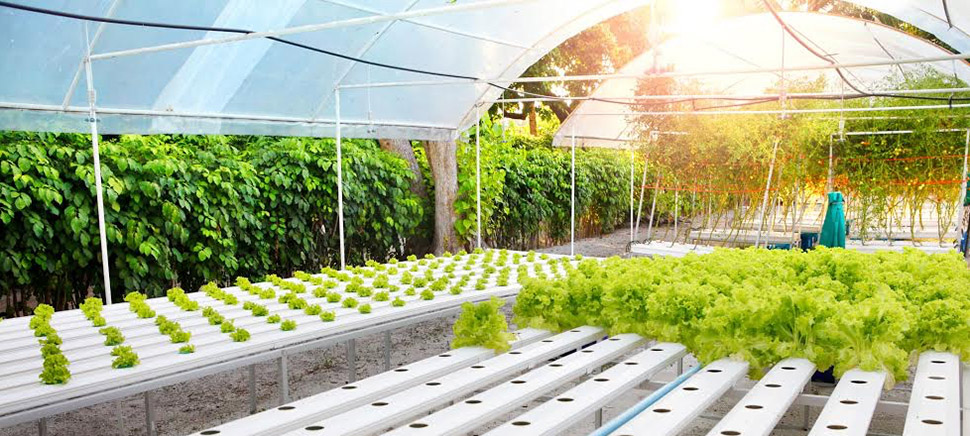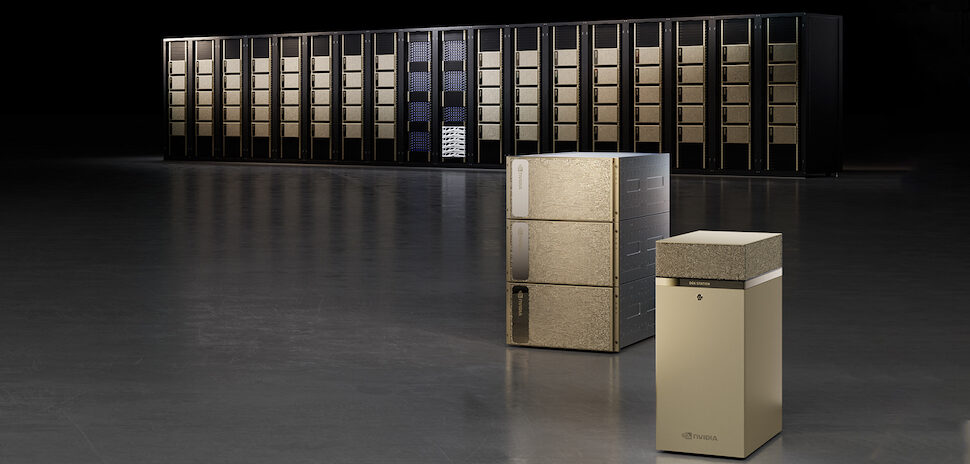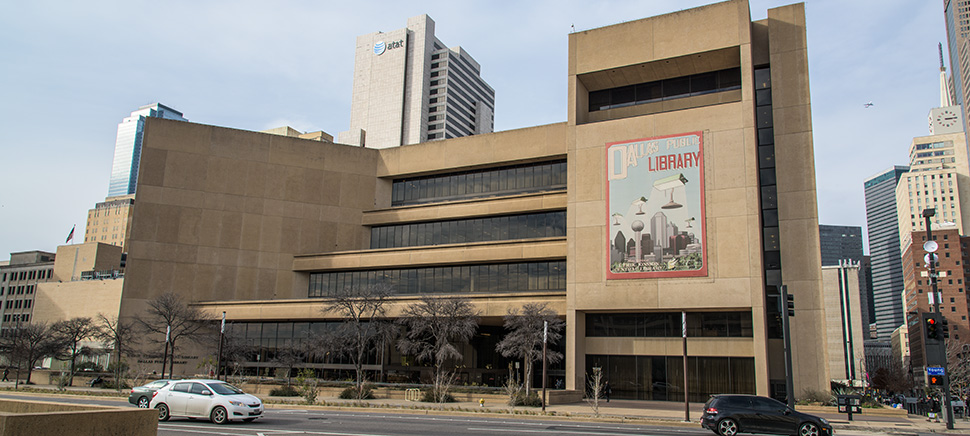THE DALLAS-BASED STARTUP ALLOWS HYDROPONIC GARDENING TO FLOURISH INDOORS AND OUT
After millennia of watching the stars, reading almanacs, and trusting your gut, farmers can now turn to the Internet of Things for their agricultural advice. Dallas-based software startup Flux Farm Inc. has developed an artificial intelligence that’s inexpensive and easy to use, meaning average Joes can become expert farmers.
It’s a cloud-based artificial intelligence that grows and learns, Flux Farm CEO Blake Burris said.
“We’re constantly training and building the intelligence in the cloud that becomes accessible to all the users,” Burris said. “We adjust the nutrients proactively and keep plants on its growth trajectory to yield the best plants.”
“We’re constantly training and building the intelligence in the cloud that becomes accessible to all the users.”
Blake Burris
This comes as more people grow their own food in controlled environments using hydroponic technology, which requires no soil and maximizes every drop of water. Some estimates say hydroponic farming using 90 percent less water than traditional farming.
It’s being done on rooftops, basements, backyards and warehouses. With indoor farming people don’t have to rely on the weather to grow their plants.
“We develop the brains that allow people to grow hydroponically indoors and out,” Burris said. “We’re tapping into a trend of local food production. There’s a huge pendulum swing to local.”
The system uses a simple webcam to monitor the plants while other sensors monitor pH, temperature and water levels. The AI, called Eddy, can identify diseases and nutritional deficiencies.
“We enable these farmers to be more efficient and scale their farms more quickly,” Burris said. “Flux Farm can send me proactive alerts from my garden that would allow me to adjust the nutrients to avoid these disease states.”
Looking at the big picture, Burris said he believes the potential for Flux Farm will be huge as the world’s population grows.
“We believe that food scarcity, food deserts and water security are the root of some of the biggest global conflicts in the Middle East,” Burris said.
FLUX FARM’S RESEARCH AND DEVELOPMENT ARM IS IN ISRAEL
It’s no coincidence that this startup is based in the same building that Mark Cuban started Broadcast.com in Deep Ellum. Burris said he likes the vibe in the area, and said this system could help change the world.
The company’s research and development arm is in Israel, where much of the water conservation technology originated, Burris said.
Eddy is a powerful tool that only costs $150. The webcam costs about $10 and sensors and monitoring also cost extra but homegrown gardeners can add as they go along.
A professional system that’s meant for more serious farming businesses will roll out in 2017.
And yes, they do work with people growing cannabis, mostly in the legal states such as Colorado, but also in Texas. Burris points out that they are just providing the AI to grow the plants, regardless of what type of plant.
There’s also a community aspect to it where people can share what works, what doesn’t and tap the collective intelligence that exists out there.

Flux Farm has developed an artificial intelligence that’s inexpensive and easy to use. [Photo Courtesy Flux Farm]

Flux Farm can send proactive alerts from a garden that would allows users to adjust the nutrients to avoid diseases. [Photo Courtesy Flux Farm]
For a daily dose of what’s new and next in Dallas-Fort Worth innovation, subscribe to our Dallas Innovates e-newsletter.






































































